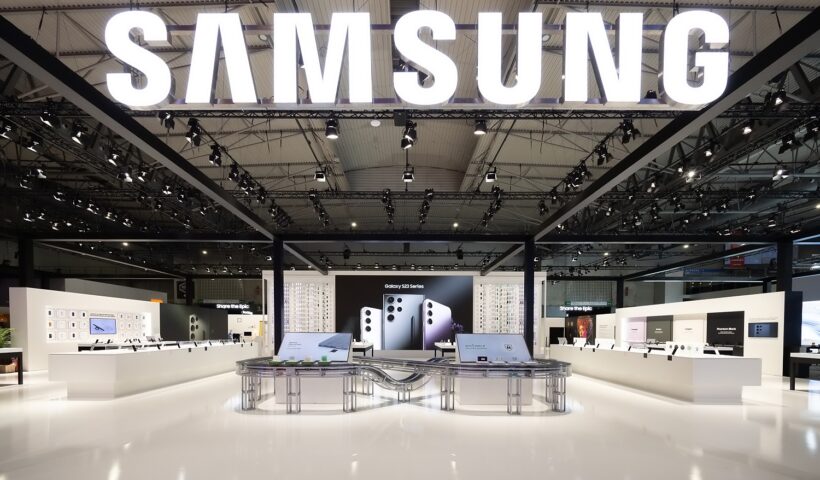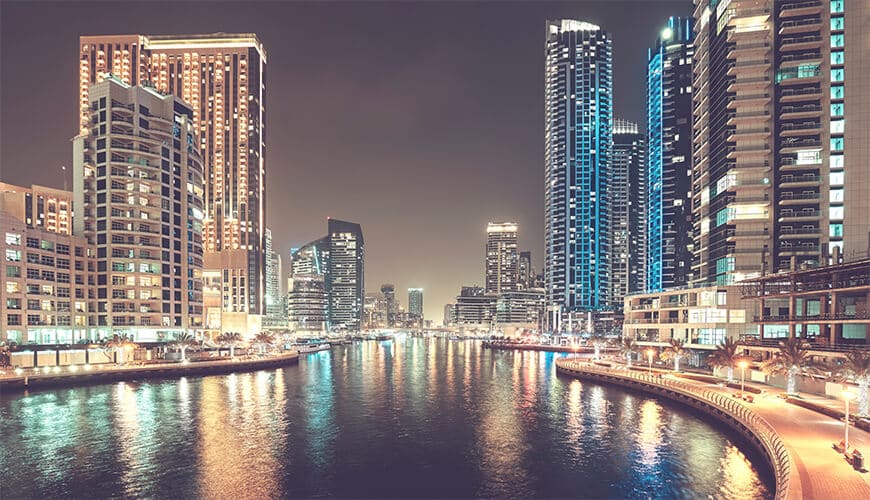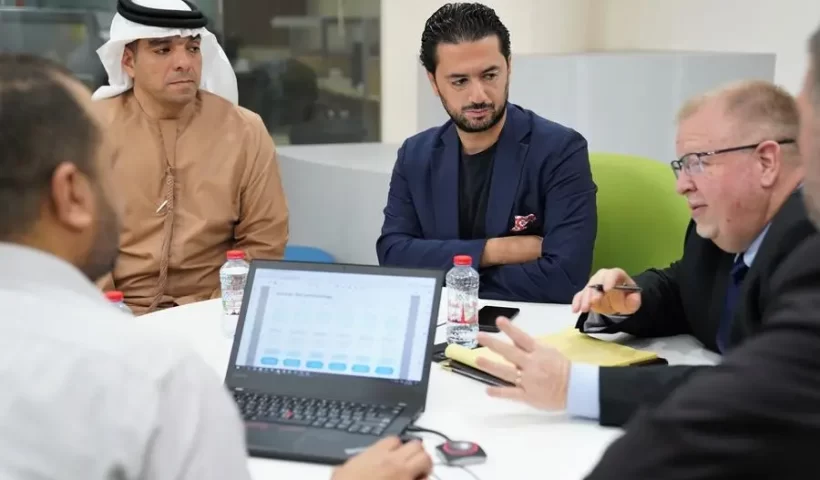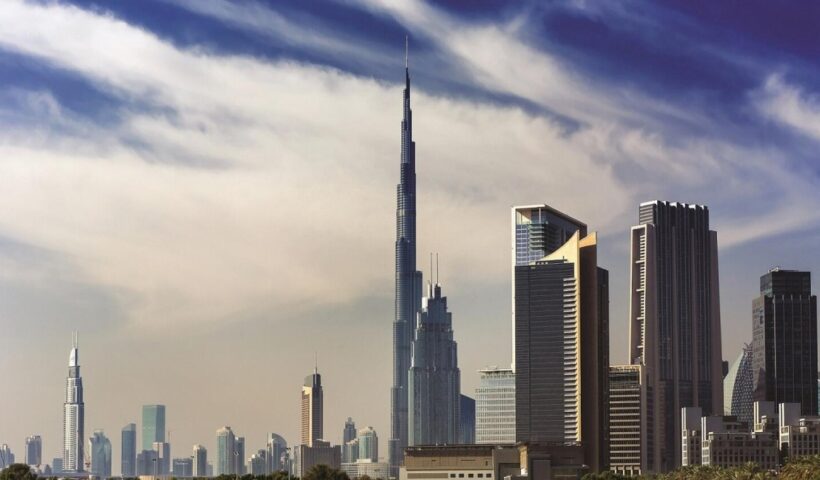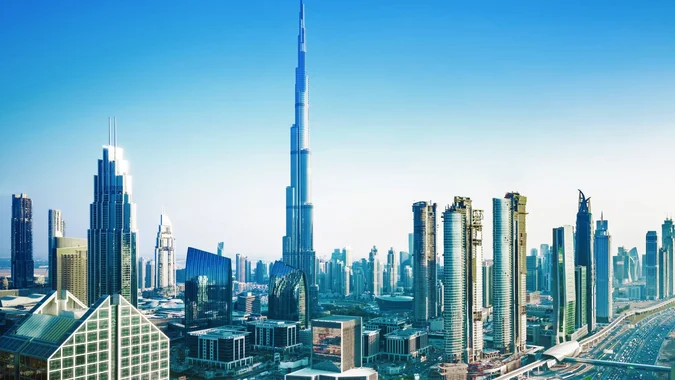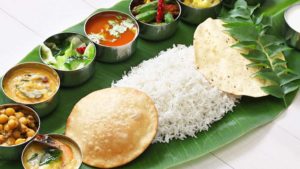From February 27 to March 2, 2023, Samsung Electronics Co., Ltd. will exhibit its most recent goods and services at Mobile World Congress (MWC) in Barcelona, Spain, featuring the Galaxy S23 Ultra and Galaxy Book3 Ultra. Through immersive and engaging exhibitions, viewers to the Samsung exhibit will get a close-up look at the most recent Samsung Galaxy innovations.
“At Samsung, we believe that the next phase of Galaxy innovation depends on sustainability commitment and open collaboration with partners,” stated by TM Roh, “At MWC this year, we’re excited to showcase how our latest lineups, featuring the Galaxy S23 Ultra and Galaxy Book3 Ultra, exemplify Samsung’s strategy for enabling new possibilities that enhance our daily lives.”
Epic Moments Using Strong Products and Services
With the help of its ecosystem of goods and services, Samsung’s most recent innovations are further elevating the benchmark for high-end mobile experiences. Samsung is exhibiting how the Galaxy S23 series, which has epic content-capturing and creation experiences as well as a more environmentally friendly design, symbolizes its dedication to industry-leading innovation at MWC 2023.
Users of the Galaxy S23 series have more creative flexibility because to the sophisticated camera technology, which enables them to take photographs and films that are genuinely cinematic. The Galaxy S23 Ultra’s brand-new camera features, featuring Nightography capabilities in a low-light, 200MP Adaptive Pixel sensor for shots with stunning details and enhanced portrait photos with an AI Stereo Depth Map, are available for testing by visitors to the booth. Gamers and producers can take advantage of the quickest and most effective performance yet offered by Galaxy with the Galaxy S23 series. Visitors can test out the Galaxy S23 Ultra’s strong gaming capabilities at the booth by playing racing games.
The linked experience with the enlarged Galaxy ecosystem is the innovative engine behind the Samsung Galaxy Ultra. With the brand-new Galaxy Book3 Ultra, which allows quick and effortless navigation among different devices, screens, and operating systems, visitors may discover seamless phone to PC integrated features. Attendees at MWC may also learn more about Samsung’s services by viewing demos of Samsung Wallet, SmartThings, and sleep training with Samsung Health on the Galaxy Watch5. Additionally, with One UI 5.1, they can investigate the numerous personalization options and privacy features offered by Galaxy smartphones.
The beautiful design of the Galaxy S23 series houses all the new industry-defining technology that advance Samsung’s commitment to sustainability. The Galaxy S23 series has been constructed with endurance and repairability, making it trustworthy for years to come. It also uses recycled resources in more device components than any other previous Galaxy smartphone. Visitors may discover more about Samsung’s renewed dedication to the idea of “Everyday Sustainability” at the booth, where they can also view an immersive art installation made of numerous generations of repurposed S series devices.
Samsung Integrations Throughout MWC in Partnership
To provide its consumers with the finest experiences possible, Samsung believe in open communication and collaborating with partners who are at the top of their fields. This strategy will allow visitors to locate Samsung across this year’s MWC at numerous partner booths. Visitors can learn about the eco-friendly materials used in the Galaxy S23 series there (between Halls 2 and 3), personalize the sound notifications on the newest Galaxy smartphones there, and even take photos directly from the Galaxy Watch5 on display. The crystal-clear and vibrant Dynamic AMOLED 2X Display utilized in the Galaxy Book3 series is also available for visitors to view first-hand.
With advertising for the Galaxy S23 series, Galaxy Book3 series, and Galaxy family of devices in prominent locations at Fira Barcelona Gran Via, such as the mega billboard, main entrance, exterior flag poles, and hanging banners, Samsung will be fully on display to celebrate the launch of its newest products.

